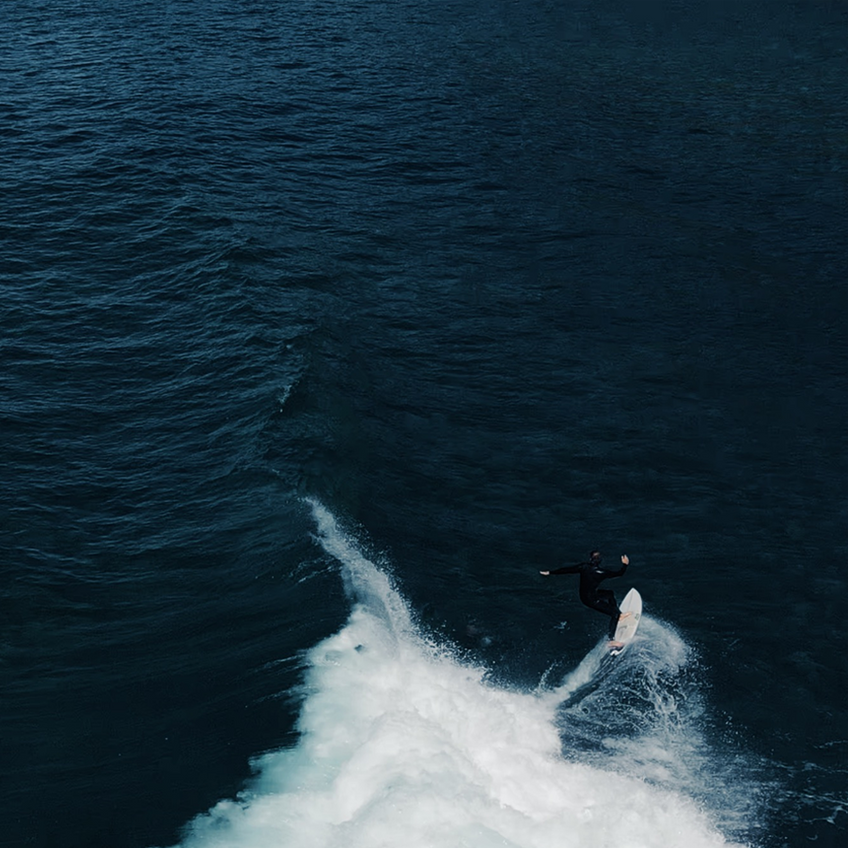These days when people think of climate activism and standing up to powerful fossil fuel interests, the first names that spring to mind tend to be contemporary ones, such as Greta Thunberg or Naomi Klein. However, long before either of those two eco trailblazers were on the scene Donella Meadows was building a body of work that lay the foundations upon which all future generations could create a more sustainable future.
This story has little to do with sustainable t-shirts, eco-friendly pants or ethical jackets, but at the same time Meadows’ tale is one that indirectly informs and guides how every slow fashion brand and sustainable clothing company works, or at least how they should work.
How The Legend Started
Donella Meadows’ journey began in 1970 when she and her husband, along with other scientists from MIT, were commissioned by an organisation called The Club Of Rome to research how modern economic activity was impacting the natural world. Meadows and her team used computer simulations and systems modelling to work out the trajectory the world was on when it came to environmental breakdown brought on by human activity.

Their study focused on five factors: population, food production, industrialisation, pollution, and consumption of nonrenewable natural resources (fast fashion and slow fashion didn’t exist as concepts in 1970!). All of these were then fed through three future scenarios, which varied depending on how the scientists thought that future economic trends might pan out. Of the three scenarios covered in the report, two suggested that humanity would overshoot planetary boundaries and bring about catastrophic climate breakdown by the end of the 21st century.
Initially Positive Response
In the incredible podcast Tipping Point: The True Story Of “The Limits To Growth” Katy Shields explains that, in private, these findings were politely received by policy makers and business leaders, but for either to publicly admit that a new course of action must be taken was seen as being tantamount to commiting political or financial suicide.

While this was the case back in 1971, when The Limits To Growth was first presented pre-publication, it remains the case today in the slow fashion industry. Even the most sustainable of eco fashion brands refuse to denounce the growth imperative and its unlimited resource usage. Those businesses that do, find it hard to gain a foothold in markets where fast fashion norms and wasteful consumer behaviour are so entrenched.
We have witnessed this first hand with our PRE-ORDER service, which virtually cuts overproduction to zero with the proviso that customers must wait a little longer for their new sustainable knit, eco-friendly sweater or ethical winter coat. Our loyal ocean-loving community now understand the environmental benefits of PRE-ORDER, but it took years for the message to hit home, and many new customers continue to struggle with the concept, used as they are to fast fashion’s instant gratification.
The Backlash
While Meadows and her team were initially frustrated by the lack of immediate action taken by US and European thought leaders, nothing could have prepared them for the backlash they would face when their report was published in book format in 1972.
To drum up hype around the book’s release its publisher sent proof copies to a plethora of world leaders, high ranking politicians and journalists. The storm that ensued was fierce, as many lambasted the report for being too simplistic and not taking into account that technological advances would most likely overcome the challenges that economic growth posed to the planet’s lifesystems.
Spoiler Alert!
Having been brought to earth with a bump, Meadows, her husband, and the rest of the MIT team were left deflated, unable to grasp exactly why when confronted with evidence that current economic systems were ravaging the planet, the world’s power brokers were unwilling to act.
Over the following years Meadows continued her work developing new sustainable systems that might allow nature and humanity to flourish in tandem. Tragically she would not witness the true fruits of her labour, as she was taken by cerebral meningitis in 2001 at the age of just 59. So dedicated had she been to reversing climate breakdown that she refused to have children, believing that to do so would run counter to her conviction that humanity would need to temper its demands on the planet in order to secure a better future for all life on Earth.
An Enduring Legacy

During her lifetime Meadows never got to see the change she knew the planet so desperately required and her struggle continues posthumously. The battle lines have now been drawn. There are those who have harnessed Meadows’ findings to demand a recalibration of the world economy, so that it resembles one based on human and natural wellbeing; achievable through the gradual decrease in consumption and raw material usage.
On the other side there are people in favour of what has become known as green growth, a theory which believes that only through continued growth (and the technological advancements that come with it) can humanity solve our self-inflicted problems.
As extreme weather events increase in regularity and severity, and serious technological solutions resemble fantasies rather than genuine game changers, each day that passes appears to prove Meadows’ modelling correct.
What Can TWOTHIRDS Learn From Meadows?

Everyone here at TWOTHIRDS is aware that a reckoning looms on the sustainable fashion horizon. We feel the same pressures to grow that businesses back in the 1970s did and yet because of our mission statement we are more aware than anyone that this must change.
PRE-ORDER was a step in the right direction and we are constantly on the hunt for new ways of creating eco-friendly clothing products that serve a purpose and don’t cause an overshoot when it comes to demands on raw materials. Donella Meadows is the little angel on our shoulder, reminding us constantly of our environmental responsibilities.







